One of the important factors to attract businesses to invest in the microchip industry in the city is the human resources to serve business operations. Training facilities are stepping up coordination with partners as well as businesses to increase the high-quality microchip human resources.
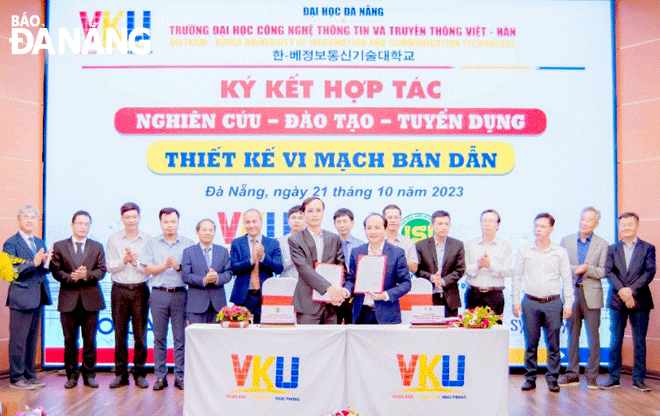 |
| Representatives of Vietnam-Korea University of Information and Communications Technology (University of Danang) signed a cooperation agreement with the Institute of Information Technology (Vietnam National University , Hanoi ) in research and innovation in semiconductor microchip design. Photo: MQ |
Open microchip study
At the end of October 2023, Vietnam - Korea University of Information and Communications Technology (VKU, University of Danang ) announced enrollment in the field of microchip technology. Accordingly, from 2024, VKU plans to enroll about 500 new students in the microchip design major. The training program includes 160 credits with basic knowledge of the industry, foundational knowledge, and specialized knowledge of microchip design within 4.5 years. By 2028, there will be students graduating in the semiconductor microchip design major. It is expected that in the next 5 years, VKU will have more than 2,000 microchip engineers, specifically 600 microchip design engineers and 1,500 computer engineering, electronics, embedded systems, and robotics engineers.
Associate Professor, Dr. Huynh Cong Phap, Rector of VKU, informed that over the past year, VKU has prepared the necessary conditions to open a major based on cooperation with partners in Korea. In addition to the above majors, the school has many training majors with knowledge blocks related to microchip technology such as: computer engineering, embedded systems and Internet of Things (IoT), information technology... The entrance scores of the above programs are very high (over 25 points), combined with the working, research and learning environment at VKU, graduates of the above majors are qualified to participate in the microchip production chain. The school is implementing the project to Improveeducation - training, management and research capacity for the period 2022-2027 sponsored by the Korean Government, in which developing a microchip technology training program is one of the contents of this project. Specifically, the project sponsors the construction of practice - laboratory rooms, equipment for training in microchip technology; Universities in Korea will support the school in training faculty, developing technical facilities, and applying the latest technology to training programs.
Another training institution is the University of Technology (University of Danang) with 5 faculties training 7 majors and specialties with nearly 30 subjects related to microchips in the program framework. The total number of students graduating from the above majors is about 500 students each year. The number of lecturers teaching courses related to the field of semiconductor microchips is 20 people, in particular, there is 1 associate professor and 3 doctors researching the field of semiconductor microchips. The University of Technology has close ties with microchip design companies with offices located in the Central region such as Renesas, Synopsys, Synapse, Uniqify, Savarti... Every year, the school cooperates with companies to guide graduation projects to help students quickly approach and solve practical problems from businesses, and businesses can also recruit students immediately after graduation.
Associate Professor, Dr. Nguyen Huu Hieu, President of the University of Technology, said that the programs are designed to ensure that students are equipped with basic, fundamental and specialized knowledge that can meet the requirements of working in microchip design enterprises. In addition, students studying majors related to microchips can participate in short-term training courses (2-6 months) to work in this field. For example, through basic subjects such as electronic components, semiconductor physics, semiconductor devices, etc., students can grasp different technologies used to create semiconductor microchips, especially focusing on MOS field-effect transistors (MOS FET), which is the most commonly used technology today. To serve the training of practical subjects related to the field of microchips, the school has laboratories for microcontroller engineering, power electronics, embedded systems, materials technology, electronic measurement, precision measurement, electronics workshops; computer rooms and high-performance computers.
Need policy to attract high quality human resources
According to Associate Professor, Dr. Huynh Cong Phap, to develop human resources in the field of microchips, the city needs to implement a selective training program on microchip technology like the model of Ho Chi Minh City, the High-Tech Center in cooperation with Synposys Group. Accordingly, lecturers have access to software, equipment, and practical microchip design processes at enterprises; implement an acceleration program for excellent students in microchip design, ready to apply for positions in microchip manufacturing. The city needs to develop policies, proactively call for and create conditions for microchip enterprises to come to Da Nang, and at the same time connect and introduce enterprises to cooperate with universities in Da Nang. The city can research and build scholarship funds, science support funds, and microchip startups from contributions and sponsorships from enterprises and the city... In addition, regularly create forums connecting schools and enterprises.
Meanwhile, Associate Professor Dr. Ha Dac Binh, Principal of the School of Technology (Duy Tan University), proposed that the city should quickly and synchronously deploy the STEM education program from combining 4 fields: science - technology - engineering - mathematics in high schools, helping students to orient their careers early. The city will take the lead in connecting leading domestic and international microchip design units with local universities to develop a set of standards for knowledge and skills of microchip design engineers according to each level of specialized fields; methods for developing training curriculums that meet the needs of businesses for the quality of engineers after training; the ability of experts and engineers working at businesses to participate. At the same time, the city needs to support local universities to build strong research groups, especially researching technologies to support the development of the 4th industrial revolution, and solutions to support the project of building a smart city.
Associate Professor Dr. Nguyen Huu Hieu said that the city needs to have policies to facilitate universities to invite international experts, scientists or overseas Vietnamese working at foreign companies in the field of microchips to Vietnam to participate in teaching and research. Specifically, creating favorable conditions for granting long-term work visas; supporting travel and accommodation expenses. In addition, the city needs to have policies to attract more foreign-invested enterprises (FDI), especially enterprises that do not only produce but also establish research and development (R&D) centers. Although R&D centers are not the place to create much surplus value and need a long time to see results, this is where Vietnamese engineers in general and Da Nang in particular have the opportunity to participate deeply in the design stages, better understand technology, come up with new ideas, and are the foundation for creating a team of local experts.
This team of experts can start businesses and create “Made in Vietnam” products in the future. Therefore, the city needs to have policies to support taxes and long-term rental fees so that companies can feel secure in investing. However, it is necessary to bind R&D centers to have connections with universities in scientific research, supporting schools in improving research capacity.
CINNAMON
Source











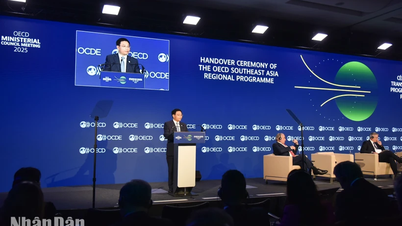





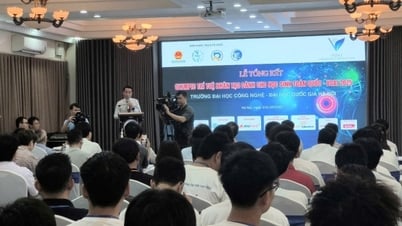

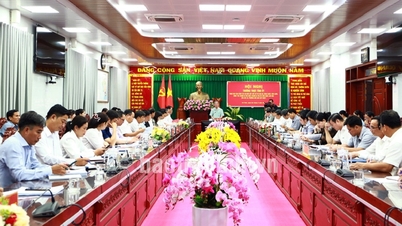

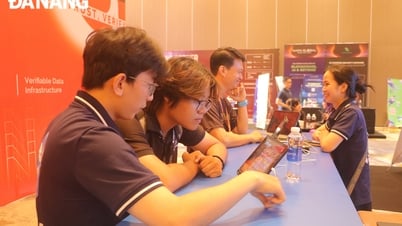


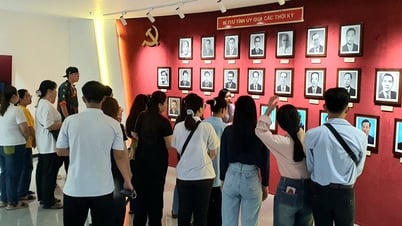





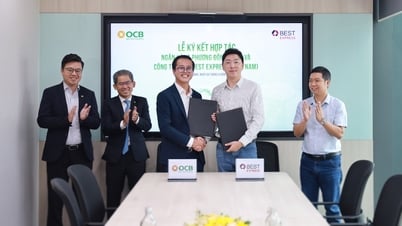

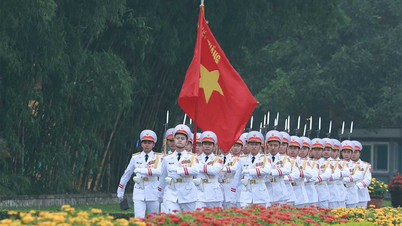


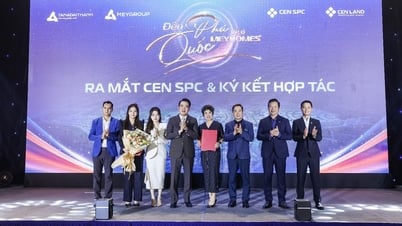




















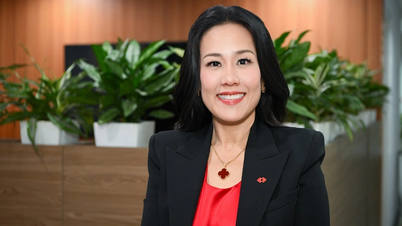


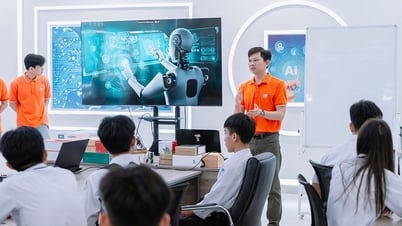

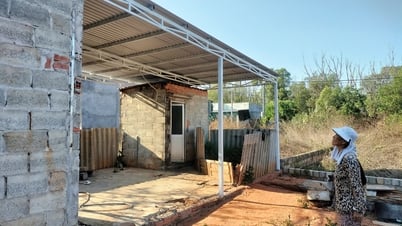
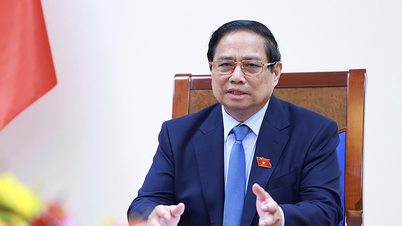

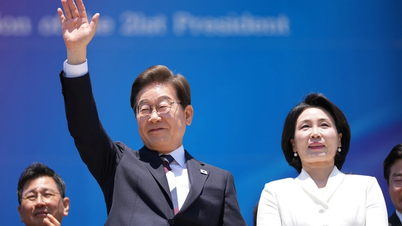




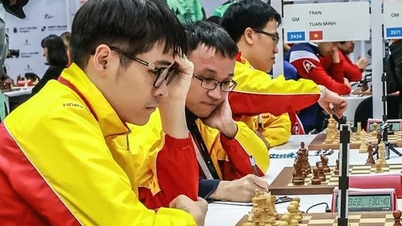




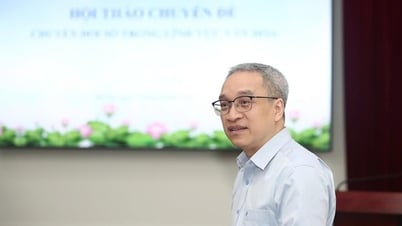








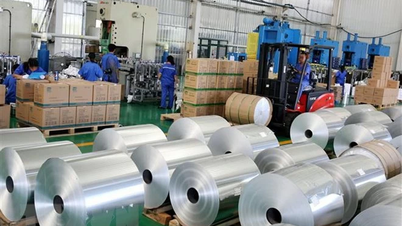
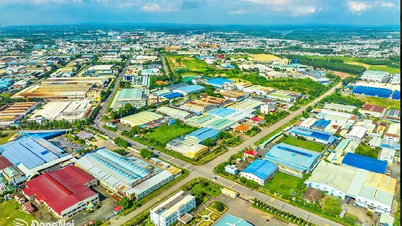










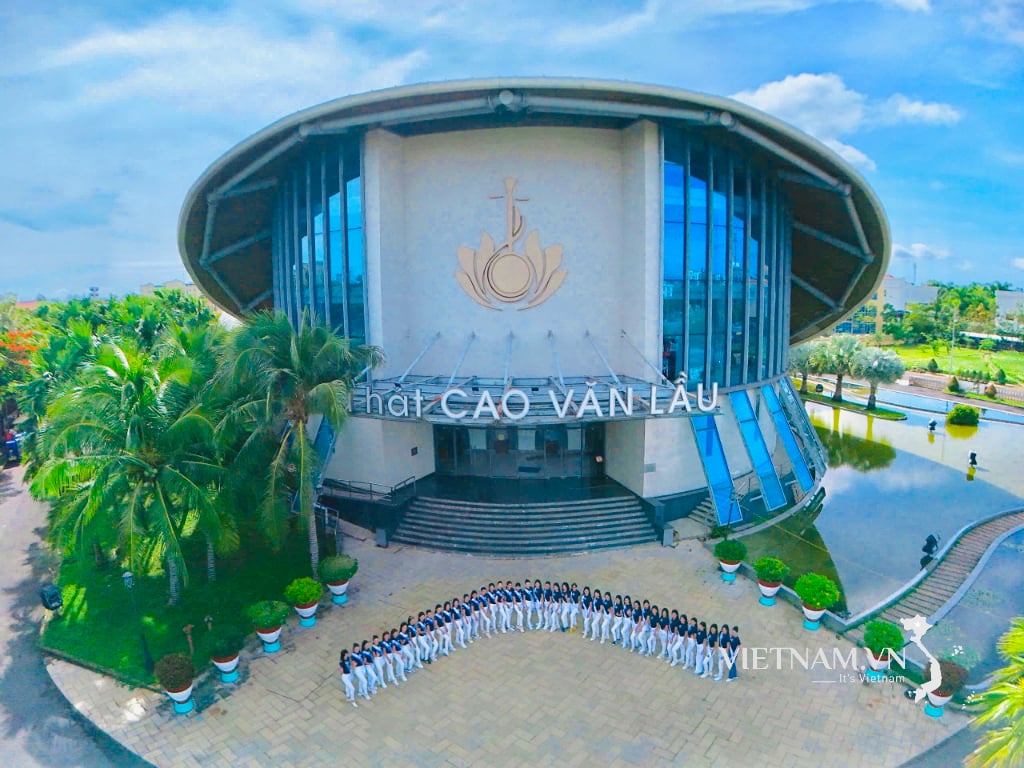

Comment (0)